One of the most common questions we’re asked is this: “What should I eat now that I’ve been diagnosed with Parkinson’s?”
The short answer is that there is no easy answer. Understandably, this is not music to most people’s ears. (Whether they’re living with Parkinson’s or not.) After all, what we eat is something we can control, and with all of the hype about different types of diets, surely there must be one that works best for people with Parkinson’s, right?
The reality, however, is that just as each person with Parkinson’s experiences different symptoms, each person reacts differently to different types of diets.
For example, we spoke to one of our Ambassadors this weekend at The Victory Summit® event in Seattle, and she said that she’s been on the Keto diet for the past several months and feels better than she has in years. At that very same event, we spoke with someone who has discovered that a vegetarian/plant-based diet (plus no dairy) is what makes her feel best.
In some ways, this is good news. It may require more experimentation and a little more trial and error; however, there’s also more hope that there are some tweaks you can make to your diet to help you feel better and mitigate some of your symptoms. The key is knowing that the food you eat can affect how you feel, and this knowledge can be a powerful first step in finding ways to increase your ability to live well.
In beginning this journey to find what foods or diets work best for you, it’s important to work with your doctors and consult with them before introducing any changes. One of the more critical reasons to do this is because when it comes down to finding a nutritional plan that works best for you, timing will likely play a key role. That’s because, as we’ll go into in more detail in a subsequent post, eating protein can affect the absorption of Parkinson’s medications. If you don’t time it right, you may think that a certain diet isn’t working when it’s really just a matter of timing.
So, the most important fact to know about Parkinson’s nutrition is that one size does not fit all. What works for you may not work for someone else. And for every dissertation on why diet X is the best, there is another one that claims Y is the best. The key is to work with your doctor to find a starting point and then tweak and adjust from there based on your unique needs.
In the next two posts in this series, we’ll address the 17 most common questions we’re asked about Parkinson’s nutrition and how to experiment with your nutrition while living with Parkinson’s.
Do You Have a Story You’d Like to Share about Your Parkinson’s Nutrition Success (or Failure)?
If so, we’d love to hear from you. Feel free to comment below or email us at blog@dpf.org.
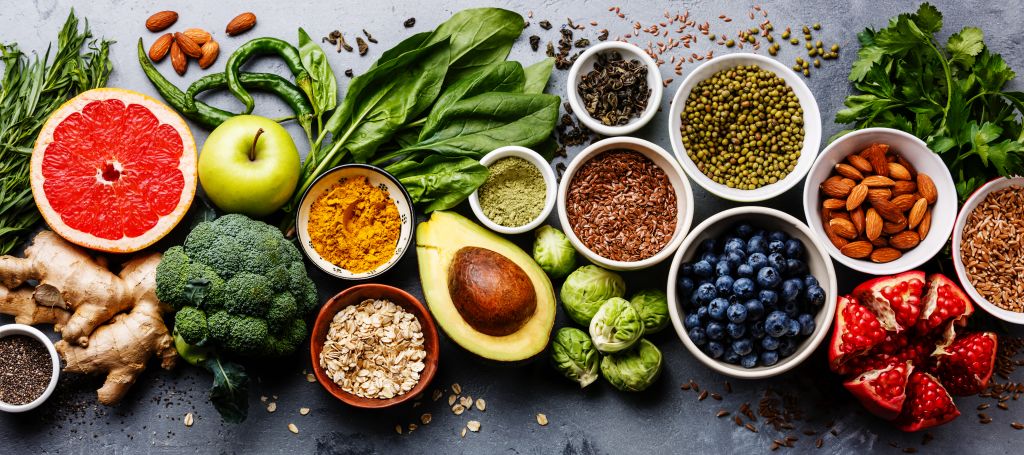


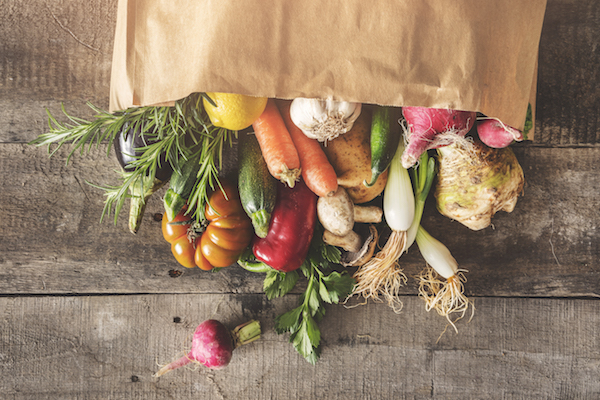




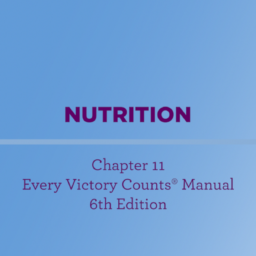


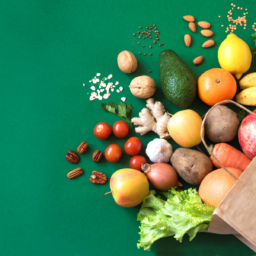





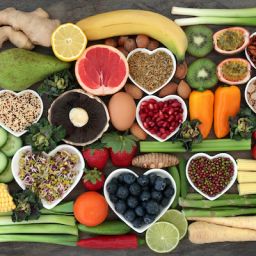
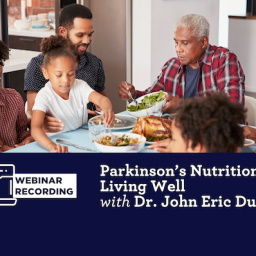
[…] is nutrition. It’s not an easy topic to address, though, because it has so many layers and there’s no one size fits all nutritional plan. Still, leaving it at that is not enough. So, we opened up our inbox and pulled together the 17 […]